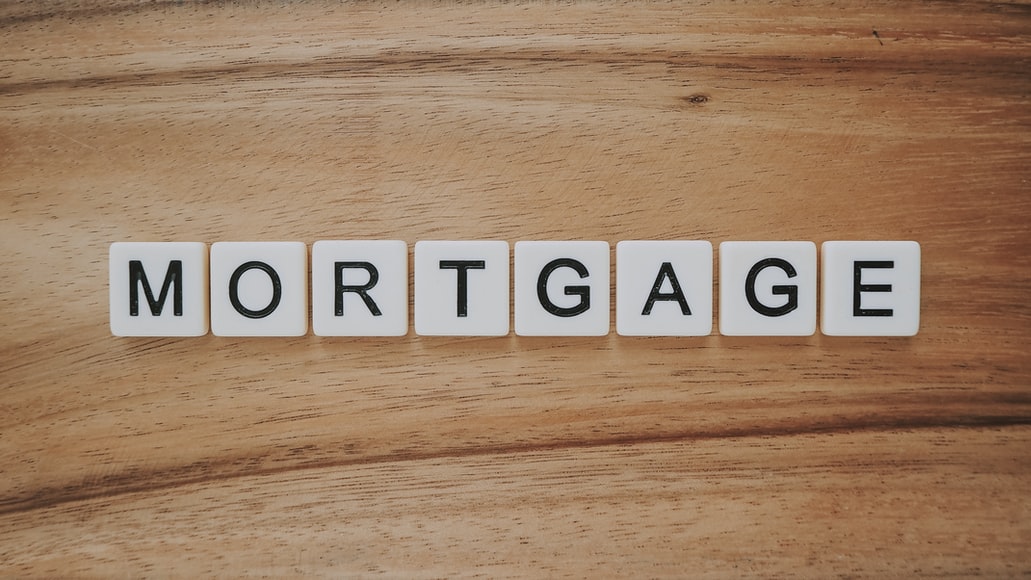Accelerating the loan application and approval procedure has always been the top aim for both applicants and lenders. Until lately, the only way to disburse loans was through manual processing. The rise of automation and sophisticated software solutions from vendors like BankPoint has ushered in a new era of tech-driven processes.
Robotic Process Automation (RPA) and machine learning (ML) technologies assist fintech organizations in gathering client information and creating proposed conditions automatically and within a matter of seconds.
So here’s a look at why lenders are moving towards automated loan processing:
1. Cut back on the cost of loan processing
Lenders can save money by automating the mortgage loan process. They can reduce the number of employees needed to process loans. They also save time, money, and resources by not having to spend them on training because the system does the bulk of the work for them.
Lenders don’t have to pay for additional staff to provide 24-hour customer service to borrowers. It also works 24 hours a day, seven days a week, and does not ask for a raise or a bonus because of its amazing performance.
2. Detect fraudulent practice
Loss origination systems (LOS) now allow lenders to understand borrower risk before disbursing funds. It makes use of sophisticated predictive analytics to determine which types of funding necessitate additional fraud investigation. Due to the ever-increasing number of fraudulent activities, RPA is essential for all lenders and customers. When compared to human beings, they act swiftly to stop hacking attempts and minimize damage.
3. Improve the reorientation of the mortgage process
When it comes to lending, lenders are increasingly relying on cutting-edge tools like artificial intelligence and machine learning (AI). People can now easily capture and streamline mortgage procedures thanks to this new way of doing things.
- Analyze unstructured data
- Sync data with standard formats to facilitate file tracking
- Improve the mortgage systems to meet your company’s needs.
- The process can be tracked using digital and robotic labor.
4. Brokers benefit from transparency and insights.
When it comes to generating leads, real estate agents and mortgage businesses will want to have faith in the process. Mortgage processing automation provides such trust, creating motivation to accomplish more.
It gives them a better understanding of how their mutual customers are treated. Furthermore, the brokers do not miss a beat when loans progress and close as expected. As a result, people can better forecast what they will receive as a return for their work.
5. Make it less likely that humans will make mistakes
Manual loan processing is prone to error because of the variety of tasks involved. To fix them, you’ll have to invest money and time. Even if you train to address this problem, it will always be there.
With tools and solutions, you can:
- Get rid of mistakes.
- Make your lending portfolio more foolproof.
- Reduce borrower risks.
With mortgage automation, your system can adhere to your standards and complete an error-free job quickly. Besides, the lender saves time and money by not having to constantly train and retrain the system.
Final Thoughts
As new mortgage industry demands emerge, you require a more robust solution that will keep you one step ahead of your competitors. A mortgage automation platform will help you close more loans, faster, and at a reduced cost. Capturing leads, engaging with them, finalizing loans, and other critical mortgage sector processes will no longer be labor-intensive and tiresome.
Read Also:























